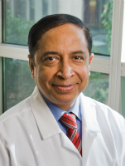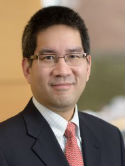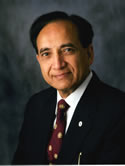| Abstract: |
Background: The mainstay of treatment of well-differentiated thyroid cancer (WDTC) is surgery followed by adjuvant radioactive iodine therapy. Postoperative radiation therapy (PORT) is rarely used. Objective: The aim of our study was to report our experience of patients with WDTC who were selected to receive PORT. Materials and Methods: After Institutional Review Board approval, patients who received PORT were identified from a departmental database of 6259 patients with WDTC treated with primary surgery from 1986 to 2015. We carried out propensity matching to compare outcomes with a cohort of patients who did not receive PORT. The main outcome of interest was central neck recurrence-free probability (CNRFP), while secondary outcomes were lateral neck recurrence-free probability (LNRFP), disease-specific survival (DSS), and overall survival (OS). Results: From 6259 patients, 32 (0.5%) patients with a median age of 65.2 years received PORT. Tall-cell variant papillary thyroid carcinoma was the most common pathology (45%). Patients who received PORT had no difference in CNRFP compared with patients treated without PORT (10-year CNRFP 88% vs. 73%; p = 0.18). Furthermore, patients who received PORT had superior LNRFP (10-year LNRFP 100% vs. 62%; p = 0.001) compared with the no-PORT cohort. Despite this, patients who received PORT had similar DSS (71% PORT vs. 75% no-PORT) and OS (65% PORT vs. 58% no-PORT group) as the no-PORT cohort. Conclusions: Our data show that select patients who received PORT had improved locoregional recurrence-free probability; however, this did not translate into improved DSS and OS. At our institution, we recommend the use of PORT only in highly selected patients with locally advanced primary tumors who are deemed to have a high risk of central neck recurrence for which salvage surgery would result in unacceptable risk to the airway. © 2022, Society of Surgical Oncology. |













